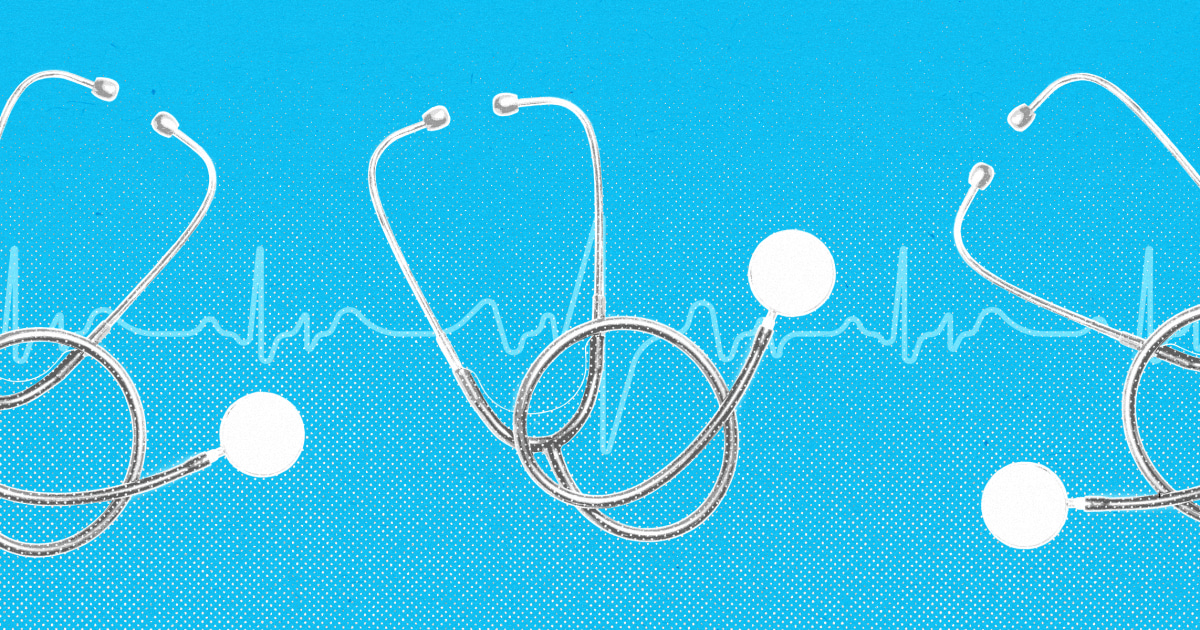Mental health can affect the entire body, so cardiologists see the toll stress can take on a person’s heart.
Mental stress is an emerging risk factor for coronary artery disease and stroke, independent of problems like high blood pressure or high cholesterol, studies have found.
Stress can happen in the moment due to anger or fear, or become a chronic long-term issue triggered by a demanding job, financial woes or depression.
So it’s important to find ways to reset whenever you can, doctors say. If you need the daily reminder to take a moment to pause, try a 31-day meditation challenge in the Start TODAY app to get a guided routine sent right to your phone.
Cardiologist Tip of the Day: Destress With 10 Minutes of Quiet Time for Yourself
If you’re busy rushing around, get to your next appointment 10 minutes early, sit in your car in the parking lot, turn off phone notifications and re-calibrate, advises Dr. Susan Cheng, a cardiologist at Cedars-Sinai’s Barbra Streisand Women’s Heart Center and Smidt Heart Institute in Los Angeles.
“If you can do it once a day, amazing. If you can do it just a few times a week, I find that’s the first step towards (de-stressing),” Cheng previously told TODAY.com.
Why It Matters
Stress can trigger systemic inflammation, which can lead plaque to build up in the coronary arteries — hardening and narrowing them, researchers note. That can lower or block blood flow to the heart muscle, the National Heart, Lung and Blood Institute warns.
The body’s response to stress can also lead to high blood pressure, which can increase the risk for heart attack and stroke, according to the American Heart Association.
For people who have risk factors for heart problems, stress can be “the match that lights the fire” or “the trigger that sparks the domino effect” of going down the wrong path, Cheng said.
How to Get Started
Get to your next appointment 10 minutes early, put the phone in silent mode and then put it away — don’t look at email or social media, Cheng recommended.
“Just really get some quiet time for yourself,” she said.
You can also try breathing exercises to ease stress and anxiety. This 20-minute guided breath work session in the Start TODAY app uses the 4-4-8 breathing technique to release stress and help you find calm.
Gradually work towards reserving that quiet time while taking a walk, Cheng advised, which comes with a portfolio of health benefits.
The Start TODAY app has many walking programs to keep you motivated, including mindfulness podcasts that help you focus on your mental health while you get your steps in.
“Clear the headspace first, then try to get the body to reset too,” Cheng noted.
TODAY’s Expert Tip of the Day series is all about simple strategies to make life a little easier. Every Monday through Friday, different qualified experts share their best advice on diet, fitness, heart health, mental wellness and more.
